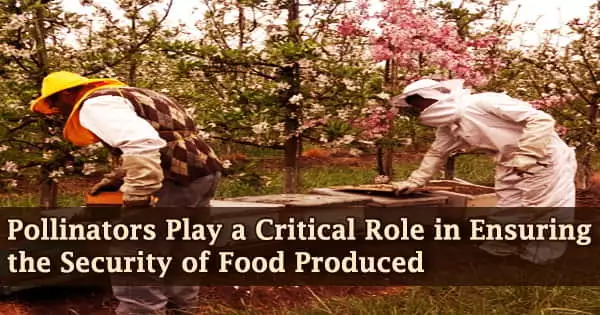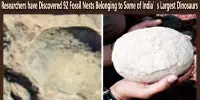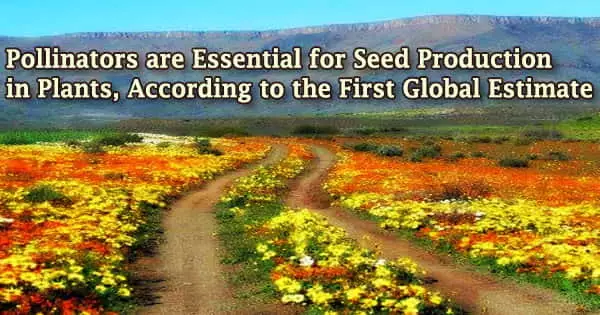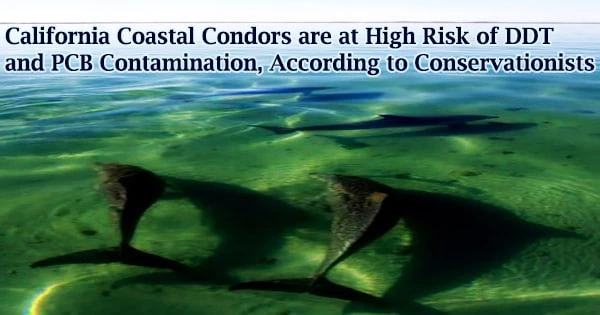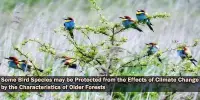Pollinator decrease affects the reproductive success of 90% of all wild plants worldwide, as well as the productivity of 85% of the world’s most important crops. Pollinators, mostly bees and other insects, account for 35% of global food production. Pollinators play a critical role in ensuring the security of food supplied by the world’s more than two billion small farmers.
Pollinator losses are anticipated to have an influence on the production and pricing of vitamin-rich crops such as fruits and vegetables, resulting in increasingly imbalanced diets and health issues. Maintaining and growing horticulture crop yields as part of agricultural development is vital for impoverished farmers’ health, nutrition, food security, and farm revenue.
Pollinators, according to an agroecologist at the University of Göttingen, might improve harvests if they were encouraged. One Earth magazine published the piece. Pollination services are estimated to be worth between $200 and $400 billion each year, according to current estimates. Smallholder farmers, with fields of less than two hectares, account for around 83 percent of all farmers. Pollination services assist them significantly more than farmers with huge acres.
Pollination services in agriculture should be given more attention, in addition to pest regulation and good nutrient supply.
Professor Teja Tscharntke
Any output gap in fields less than two hectares may be eliminated considerably more efficiently by pollination than in larger fields. In the Global South, many smallholder farmers suffer from hunger and malnutrition. Pollinator-dependent crops, such as fruits and nuts, offer nutrients that are particularly beneficial to one’s health.
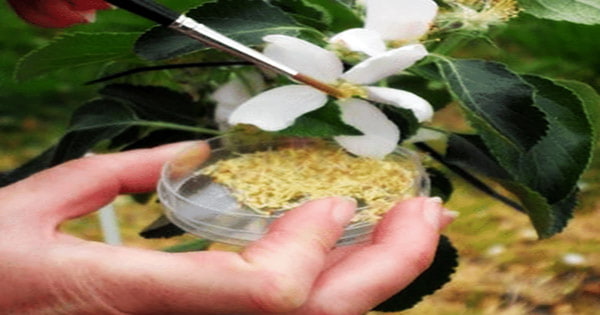
In both human-managed and natural terrestrial ecosystems, pollination is a critical function. It is essential for food production and human livelihoods because it connects natural habitats and agricultural production systems directly. Pollination has hitherto been given by nature at no expense to human populations. As farm fields have grown larger and the use of agricultural pesticides has increased, growing evidence suggests that pollinator numbers may be declining significantly as a result of agricultural growth.
“Pollination services in agriculture should be given more attention, in addition to pest regulation and good nutrient supply,” claims author Professor Teja Tscharntke, Head of the Agroecology Group at Göttingen University.
Animal pollinators must transport pollen from the anthers to the stigmas of blooming plant species in order for them to form seeds. Many interrelated species and processes that work within an ecosystem would collapse if this service was not available.
The advantages are not limited to an increase in the amount of fruit that can be produced; the quality of the fruit may also be increased, for example, in terms of nutritional content or storage time. Smallholder agroforestry systems in the tropics are especially well adapted for this, and they stand out because of their diverse pollinator groups.
Pollinators are critical in agro-ecosystems for orchard, horticultural, and forage production, as well as seed development for many root and fiber crops. Bees, birds, and bats pollinate 35 percent of the world’s agricultural production, raising yields of 87 of the world’s most important food crops, as well as numerous plant-derived medications.
While there are intriguing specific interactions between plants and their pollinators, the current understanding of the pollination process suggests that robust pollination services are best provided by an abundance and diversity of pollinators.
“More needs to be done to halt the decline of pollinators, which are mostly bees and other insects. The stress to pollinators caused by agrochemicals, large monocultures, and the loss of semi-natural habitats should be minimized,” says Tscharntke.
“However, considerable research efforts are still needed to make agricultural landscapes productive and, at the same time, species-rich in particular to improve the situation in the tropics.”
On a global scale, the International Initiative for the Conservation and Sustainable Use of Pollinators (also known as the International Pollinators Initiative-IPI) was established in 2000 by the Convention on Biological Diversity, facilitated and coordinated by the Food and Agriculture Organization (FAO). Other international bodies, such as the Commission on Genetic Resources for Food and Agriculture and the FAO Committee on Agriculture, have emphasized the significance of ecosystem services like pollination to agriculture.
Other than honeybees, at least 20 animal genera are thought to offer pollination services to the world’s most important crops. The benefits of pollination for human nutrition include not only a quantity of fruits, nuts, and seeds, but also their variety and quality; animal-pollinated foodstuffs provide a significant contribution to human nutritional diversity, vitamin sufficiency, and food quality.
